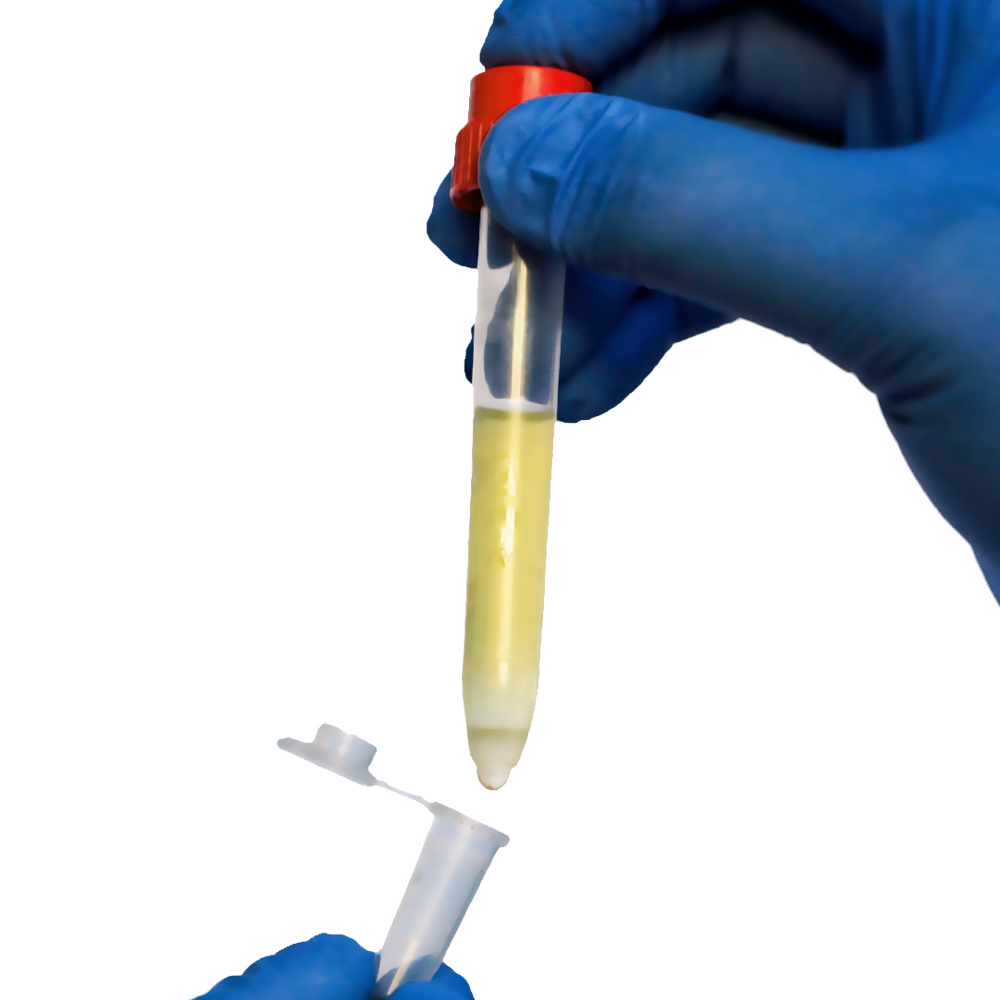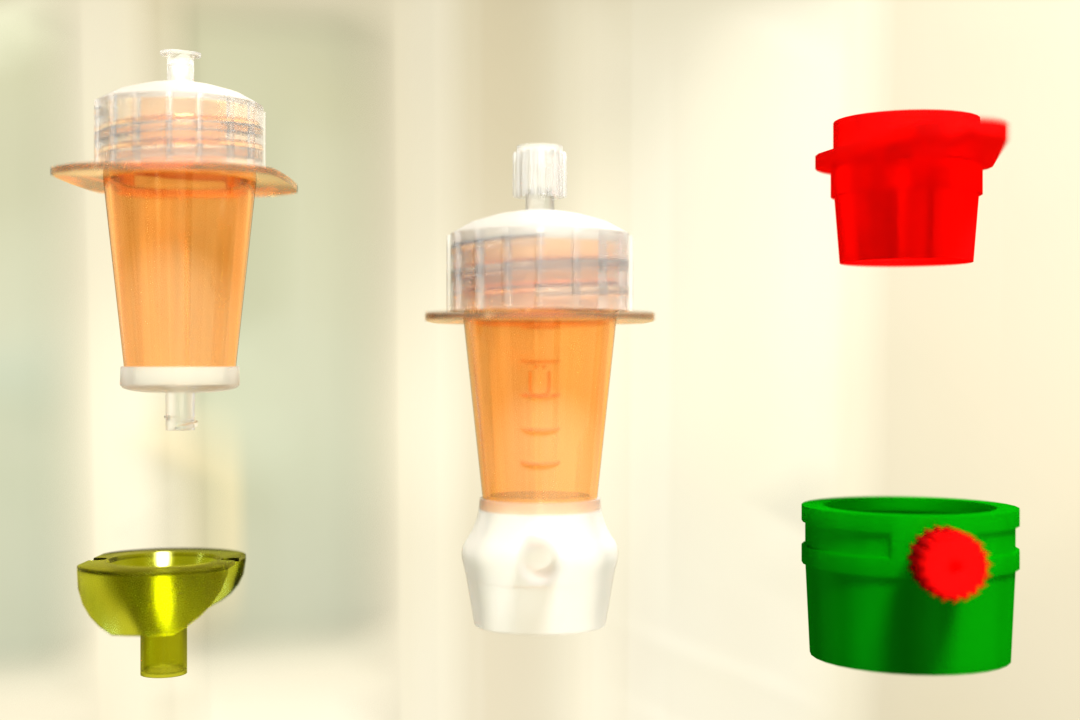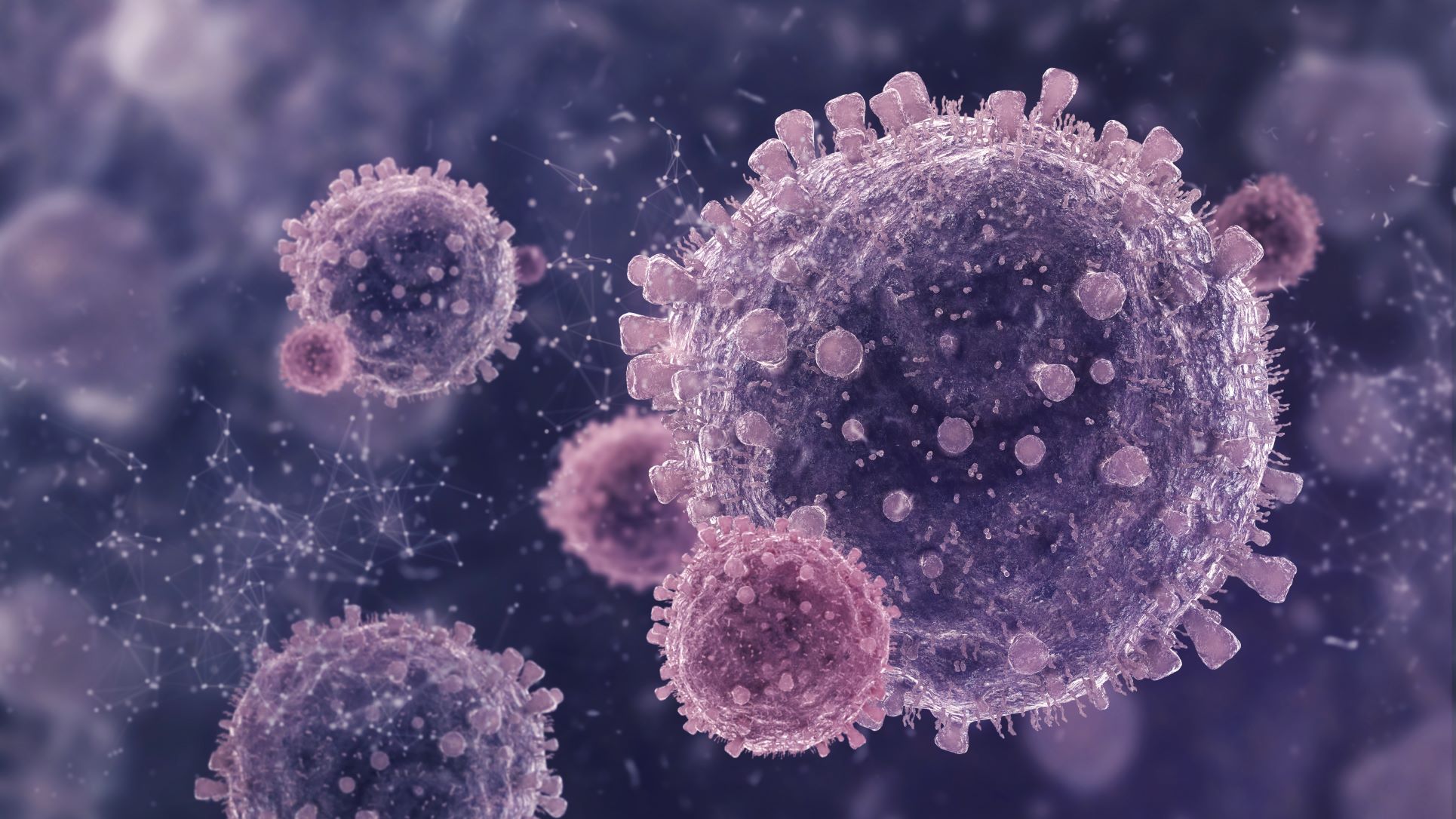EpCAM-pluriBead® offers an efficient, non-magnetic approach to circulating tumor cell (CTC) isolation, simplifying cancer research through its innovative antibody cell separation technology.
The fast-evolving world of cancer research demands reliable and efficient methods for isolating circulating tumor cells (CTCs). These cells, shed from primary tumors into the bloodstream, provide critical insights into cancer progression and patient prognosis. One of the most promising approaches in this field is antibody cell separation, and EpCAM-pluriBead® is at the forefront of this innovation. By leveraging non-magnetic cell separation technology, EpCAM-pluriBead® provides a streamlined, sensitive, and effective method for isolating CTCs. This article explores how EpCAM-pluriBead® enhances the process of CTC isolation and why it is becoming a preferred tool for researchers worldwide.
The Power of Non-Magnetic Cell Separation Technology
Traditional methods for cell separation often involve magnetic particles, which, while effective, have certain limitations. These include the need for external magnets and complex handling procedures that can be time-consuming and labor-intensive. EpCAM-pluriBead® takes a different approach. It uses a non-magnetic cell separation technology that simplifies the entire process, making it faster, more flexible, and more efficient.
Unlike magnetic methods, this system does not require any sample pre-treatment or complex preparation steps. EpCAM-pluriBead® can be added directly to whole blood or other biological fluids, allowing researchers to isolate specific cells without the need for laborious procedures like gradient centrifugation. This streamlined workflow is particularly advantageous in clinical settings, where speed and efficiency are paramount.
Why Choose EpCAM for CTC Isolation?
EpCAM (Epithelial Cell Adhesion Molecule) is a well-known tumor-associated antigen that is overexpressed in many types of carcinomas, including colon carcinoma. By using pluriBead® technology coupled with EpCAM antibodies, researchers can selectively capture EpCAM-positive CTCs directly from blood samples. This method ensures high specificity and sensitivity, which is critical when working with rare and fragile CTCs.
EpCAM-pluriBead® offers additional benefits beyond ease of use. Its sensitivity can be further enhanced by simply increasing the sample volume. This adaptability makes it an ideal choice for researchers working with larger or more complex samples, as it provides a scalable solution for isolating even the smallest number of target cells.
The Process of CTC Isolation with EpCAM-pluriBead®
One of the key advantages of using EpCAM-pluriBead® is the simplicity of the process. The workflow can be broken down into five straightforward steps:
1. Labeling – EpCAM-pluriBead® is added directly to the sample, whether it is whole blood or another biological fluid. No pre-treatment is necessary, and the process is ready to begin immediately.
2. Mixing – The sample is gently incubated for 30 minutes, during which time the pluriBeads bind to the target EpCAM-positive cells. Using pluriPlix® for incubation is recommended, but not required, ensuring flexibility in lab workflows.
3. Isolation – Once incubation is complete, the sample is passed through appropriate sieves. This is where the cascade straining technique comes into play. The pluriBeads, along with the captured CTCs, remain on the sieve, while unwanted cells are filtered through. This allows for the rapid and efficient separation of target cells from the sample.
4. Washing – The sieve is washed with a buffer to remove any remaining debris or unwanted particles. This particle filtration step ensures that only clean, viable cells remain for downstream applications.
5. CTC Processing – Finally, the bound EpCAM-positive CTCs are detached from the pluriBeads and are ready for further analysis. Researchers can now proceed with RNA/DNA isolation, molecular-genetic experiments, or even cell culture studies to assess mutation status or other important cancer markers.
Applications of EpCAM-pluriBead® in Cancer Research
The ability to isolate CTCs with such high efficiency and accuracy opens up a wide range of possibilities for cancer research and diagnostics. One of the most exciting applications is the study of genetic mutations in isolated CTCs. For example, in colon carcinoma, the K-ras mutation is a key predictive marker for patient response to anticancer therapy. By using EpCAM-pluriBead® to isolate CTCs from a patient’s blood, researchers can quickly and easily determine whether this mutation is present.
Moreover, the isolated CTCs can be used for a variety of cell enrichment techniques. Whether you are interested in studying gene expression, protein analysis, or cellular behavior, EpCAM-pluriBead® provides a reliable and consistent way to obtain high-quality CTCs for downstream applications.
The Flexibility of pluriBead® Technology
One of the standout features of EpCAM-pluriBead® is the flexibility it offers researchers. The system is compatible with a wide range of sample materials, from whole blood to secretions, excretions, and even brain homogenates. This versatility allows researchers to use EpCAM-pluriBead® across a variety of applications, not just in cancer research but in other fields where cell separation technology is required.
In addition, pluriBead® is available in two bead sizes, making it suitable for different types of targets. Whether you are working with a small number of CTCs in a large volume of sample material or need to isolate large quantities of cells from smaller samples, pluriBead® can accommodate your needs. The system even allows for simultaneous or sequential isolation of multiple cell types, further enhancing its utility in complex research settings.
Conclusion
When it comes to CTC isolation, researchers need a reliable, efficient, and scalable solution. EpCAM-pluriBead® delivers on all fronts. Its non-magnetic antibody cell separation technology simplifies the workflow, while its flexibility and adaptability make it a valuable tool for a wide range of research applications. Whether you are focused on cancer diagnostics, mutation analysis, or cellular behavior studies, EpCAM-pluriBead® provides a fast, effective, and highly sensitive solution for isolating CTCs.
By incorporating EpCAM-pluriBead® into your research, you can take advantage of cutting-edge cell enrichment techniques and particle filtration methods that enhance the quality and reliability of your results. From cascade straining to RNA/DNA isolation, this innovative technology streamlines the entire process, allowing researchers to focus on what matters most—advancing scientific knowledge and improving patient outcomes.
EpCAM-pluriBead® is the future of non-magnetic cell separation, and its benefits for researchers and businesses are clear. Simplify your CTC isolation process today and experience the power of this revolutionary tool for antibody cell separation.
 English
English French
French
 German
German
 Spanish
Spanish
 Belgium
Belgium
 Italian
Italian Brazil
Brazil Chinese Mandarin
Chinese Mandarin




